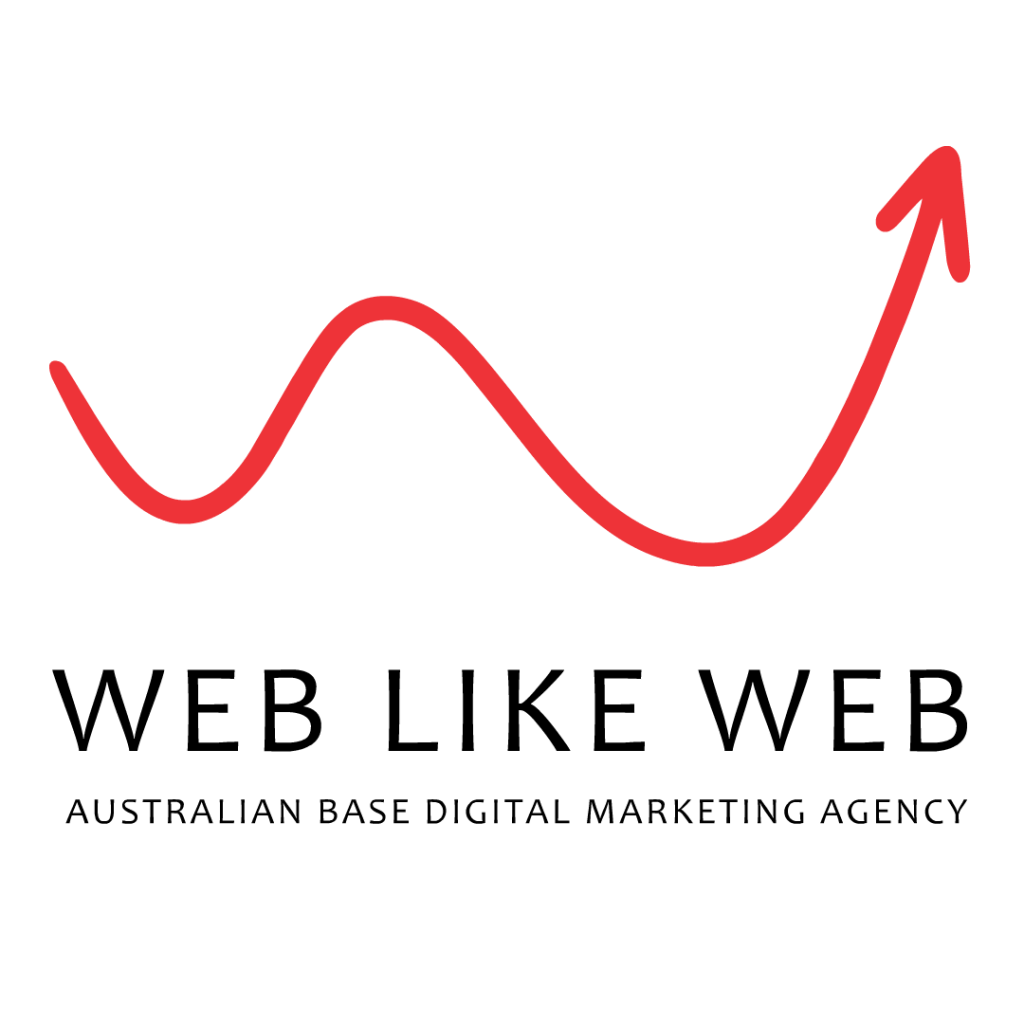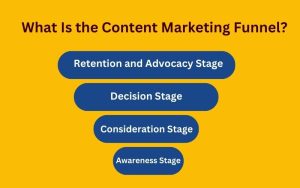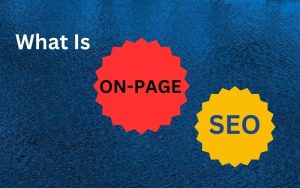Google Ads VS Facebook Ads, In today’s digital age, online advertising has become an essential part of any marketing strategy. Google and Facebook are two of the biggest platforms in the digital advertising space, with each having its own strengths and weaknesses. Choosing the right platform for your business can be a tough decision, but in this article, we will take a deep dive into the differences between Google Ads and Facebook Ads, and help you decide which platform is the best fit for your business.
Google Ads Overview
Google Ads, previously known as Google AdWords, is an online advertising platform that allows businesses to create and display ads on the Google search engine and other Google partner websites. It is the largest and most popular pay-per-click (PPC) advertising platform on the internet. With Google Ads, businesses can target users based on their search queries, demographics, interests, and location.

Pros of Google Ads
High Intent Audience: Google Ads allows you to target users who are actively searching for your products or services, which means you’re reaching people who are already interested in what you have to offer.
Large Reach: Google is the world’s most popular search engine, with over 3.5 billion searches made every day. By advertising on Google, you have access to an enormous audience.
Multiple Ad Formats: Google Ads offers a wide range of ad formats, including search ads, display ads, shopping ads, video ads, and more. This gives you the flexibility to choose the format that works best for your business.
Cost-effective: Google Ads operates on a pay-per-click (PPC) model, which means you only pay when someone clicks on your ad. This makes it a cost-effective way to advertise your business.
Cons of Google Ads
High Competition: As the most popular PPC advertising platform, Google Ads can be highly competitive, especially for popular keywords. This can drive up the cost-per-click (CPC) of your ads, making it difficult to achieve a positive return on investment (ROI).
Limited Targeting: While Google Ads offers a variety of targeting options, it can be difficult to target specific audiences, such as those with a specific interest or behavior.

Facebook Ads Overview
Facebook Ads is an online advertising platform that allows businesses to create and display ads on the Facebook social media platform and other Facebook partner websites. With Facebook Ads, businesses can target users based on their demographics, interests, behavior, and location.
Pros of Facebook Ads
Wide Targeting Options: Facebook offers a wide range of targeting options, allowing you to target users based on their demographics, interests, behavior, and location. This makes it easier to reach specific audiences with your ads.
Visual Appeal: Facebook Ads are highly visual, which means they can be more engaging and appealing than other types of ads. This can help to increase brand awareness and drive more clicks and conversions.
Lower Cost: Facebook Ads can be more cost-effective than Google Ads, especially for businesses targeting a specific niche audience.
Large User Base: Facebook is the largest social media platform in the world, with over 2.8 billion monthly active users. This means you have access to a massive audience with Facebook Ads.
Cons of Facebook Ads
Lower Intent: Unlike Google Ads, users on Facebook are not actively searching for your products or services. This means that they may be less likely to convert into paying customers.
Ad Fatigue: Facebook Ads can be intrusive, and users may become fatigued if they see the same ad repeatedly. This can reduce the effectiveness of your ads over time.
Limited Ad Formats: While Facebook Ads offers a variety of ad formats, such as image ads, video ads, carousel ads, and more, it can be limiting compared to the wide range of ad formats available on Google Ads.
Limited Reach: While Facebook has a massive user base, not all users are active or interested in your products or services. This means that your ads may not reach as many people as you would like.

Which One Should You Choose?
Choosing between Google Ads and Facebook Ads depends on your business goals, target audience, and budget. Here are some key considerations to help you decide which platform is the best fit for your business.
Business Goals: If your goal is to drive immediate sales or conversions, Google Ads is the better choice as it targets users who are actively searching for your products or services. If your goal is to increase brand awareness or engagement, Facebook Ads may be a better fit.
Target Audience: Consider the demographics and interests of your target audience. If you want to target specific demographics or interests, Facebook Ads offers more granular targeting options. If you want to target users based on their search queries, Google Ads is the way to go.
Ad Format: Consider the type of ad format that works best for your business. If you have a visually appealing product or service, Facebook Ads may be a better fit. If you want to showcase a wide range of products or services, Google Shopping Ads may be the way to go.
Budget: Consider your budget and the cost-per-click (CPC) of your ads. If you have a limited budget, Facebook Ads may be a more cost-effective choice, while Google Ads may be more expensive due to higher competition for popular keywords.
Conclusion
In conclusion, both Google Ads and Facebook Ads have their own strengths and weaknesses, and choosing the right platform depends on your business goals, target audience, and budget. Consider the pros and cons of each platform, and test both to see which one delivers the best results for your business. By doing so, you can ensure that you’re making the most of your advertising budget and reaching the right people with your message.






